News & views.
A collection of stories about data, public opinion and politics and news about our firm.

Debating the Decline of American Values
A new opinion survey from the Wall Street Journal and the University of Chicago has set off a debate over the state of our national character. The poll suggests patriotism is fading in America, with a drop of nearly 30 points in the number of Americans who say patriotism is very important to them.
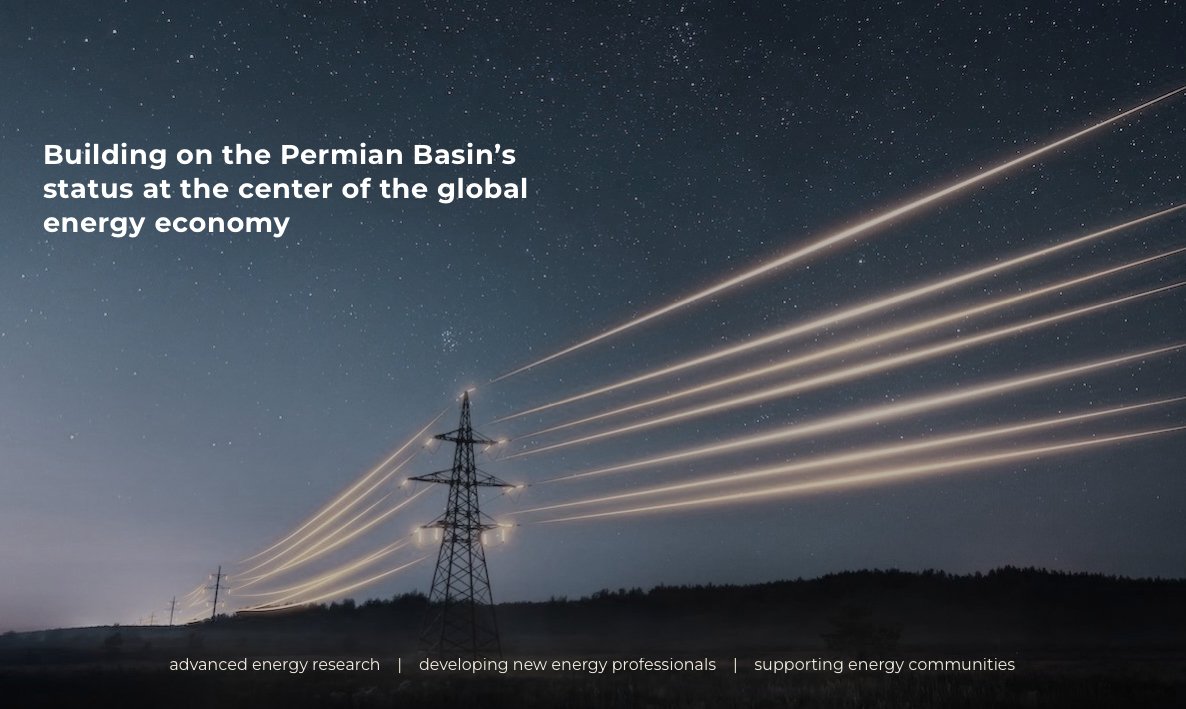
A New Era for American Energy
The goal of the Permian Energy Development Lab, which launched last month, is to speed up the development of advanced, clean energy systems, educate the next generation of energy professionals and support energy-intensive communities and the natural resources they depend on.
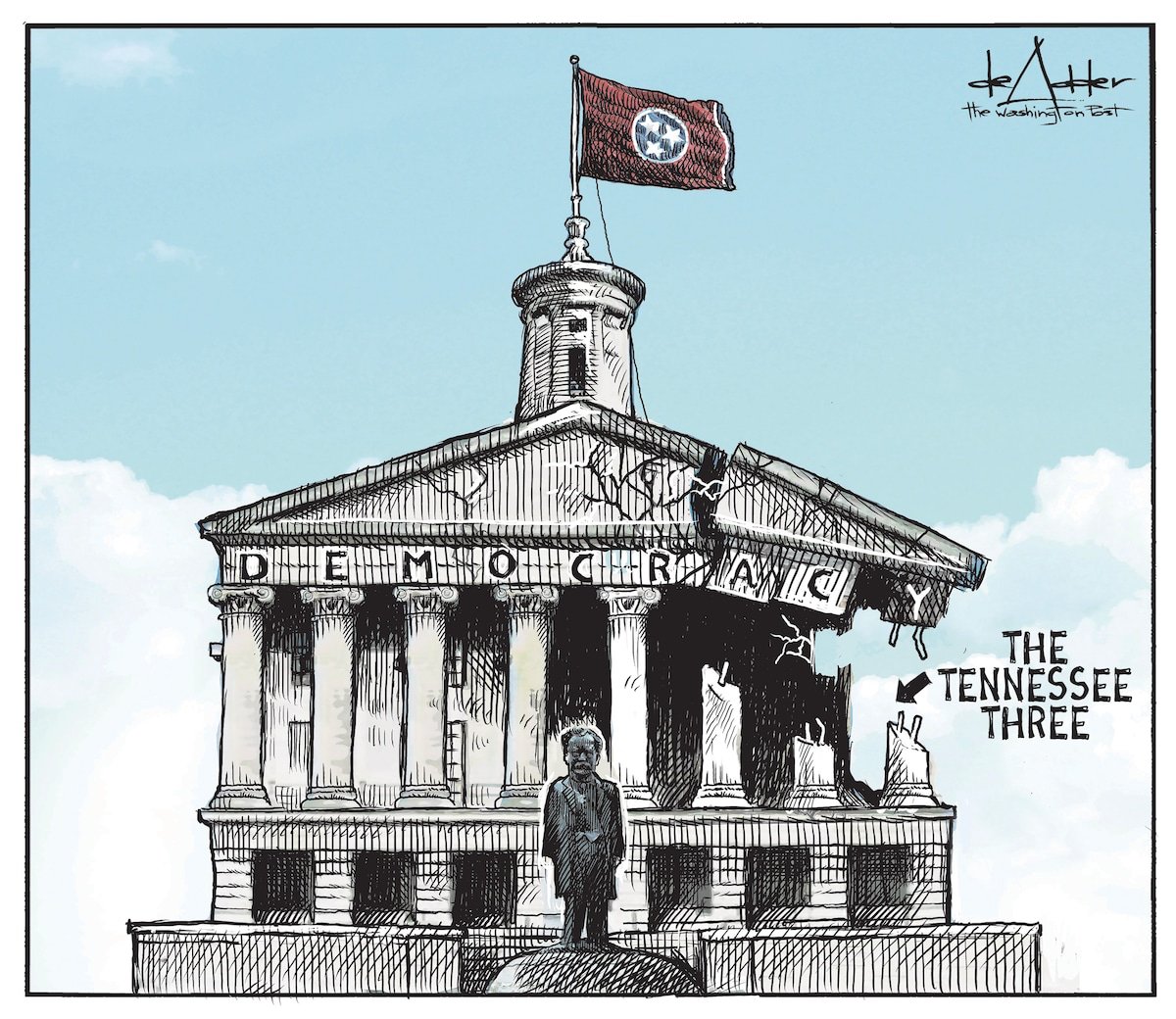

The Why of the Midterms — and What's to Come
We wrote last summer that while Roe v. Wade might not have been settled law, it was indeed settled public opinion, with decades of broad and stable support. Admittedly, we took a wait-and-see attitude on the impact of the Dobbs decision on the midterms, but as devotees of behavioral economists Daniel Kahneman and Amos Tversky, we should have known better.

The Election Prediction Fallacy
We are seeing the McNamara Fallacy at work in the media-based election prediction industry, presently focused on the midterms. A basic problem is that opinion polls are not designed to predict things, they are designed to give a snapshot of opinion at a moment in time. A larger problem involves the many difficult-to-measure variables shaping today's political context, from a society-altering global pandemic to a seismic partisan realignment reshaping both political parties. Old models for understanding politics, like the paramount importance of presidential approval on midterm outcomes, may not hold. The bottom line is this: we do not know what is going to happen, and we have to get comfortable with uncertainty.


What's Missing from Today's News?
Author and journalist Amanda Ripley has a secret – she actively avoids the news and has been doing so for years. She's not alone. Data from the Reuters Institute tells us the United States has one of the highest news-avoidance rates in the world. Four in ten Americans sometimes or often avoid contact with the news. Why? It's dispiriting, repetitive and of questionable credibility, according to Reuters' survey data.

What We Impose on People with a Stutter
This New York Times opinion video deepened our understanding of what people who stutter have to contend with in daily life. It reveals a society largely unprepared or disinclined to accommodate them, but also points to ways non-stutterers can alter their behavior in helpful ways. It's worth a view.

The Risks of a Big Product Reveal
Experience teaches us that top-tier outlets like The New York Times will nearly always produce feature stories with a narrative arc. When a story is compelling, that narrative arc includes a "tear" – the words of one film professor – an event that operates as the engine of the story. In the case of Cruise, that event was the vehicle pulling over unexpectedly and ending the reporter's ride, shaping the story and others to follow, no doubt.
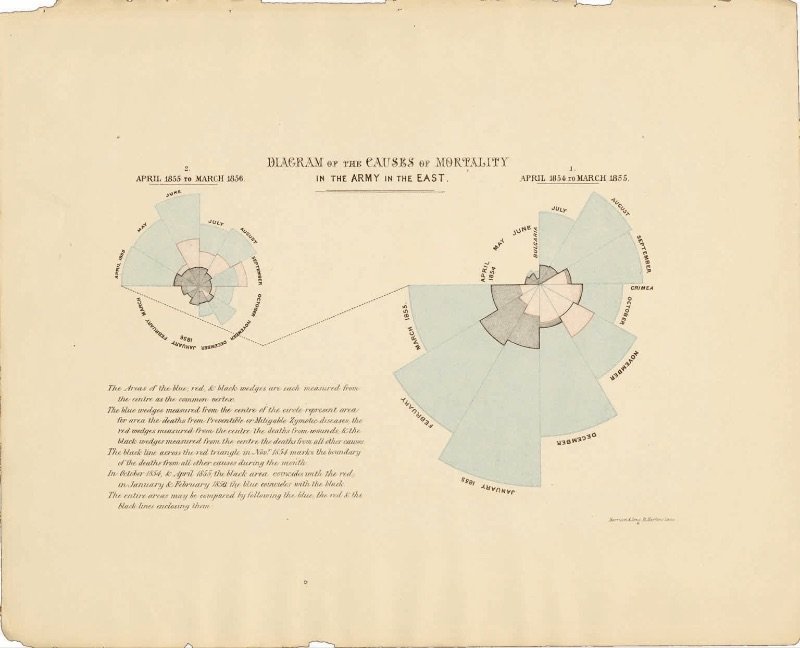
Florence Nightingale, Visual Storyteller
A new book on Florence Nightingale reveals how the 19th century nurse, social reformer and statistician made the case for health reforms in the British Army. Author RJ Andrews describes how Nightingale "designed graphics to attract attention and engage readers in ways other media could not."
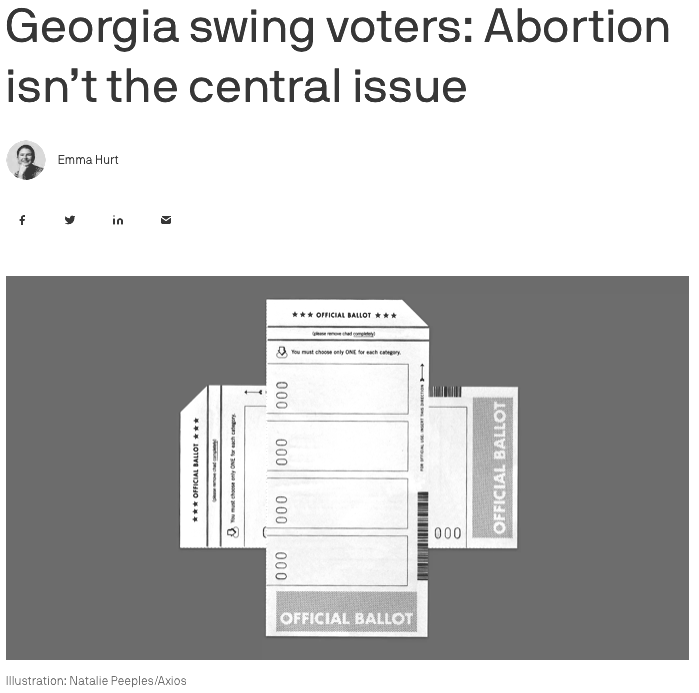
Axios and the Business of Shallow Thinking
Axios is not the cause of our distracted mindset, but they have built a business upon it. In pushing us toward facile summaries, Axios weakens our ability to make the tough tradeoffs complexity requires.
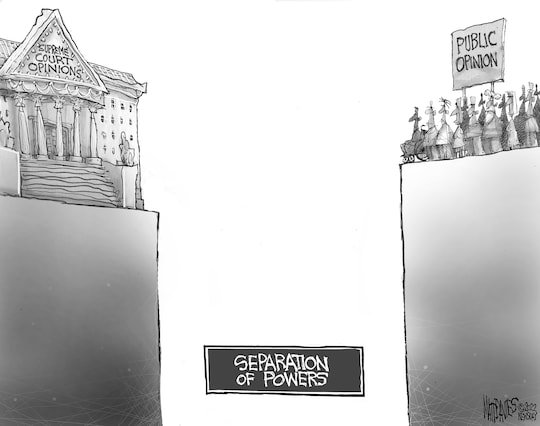
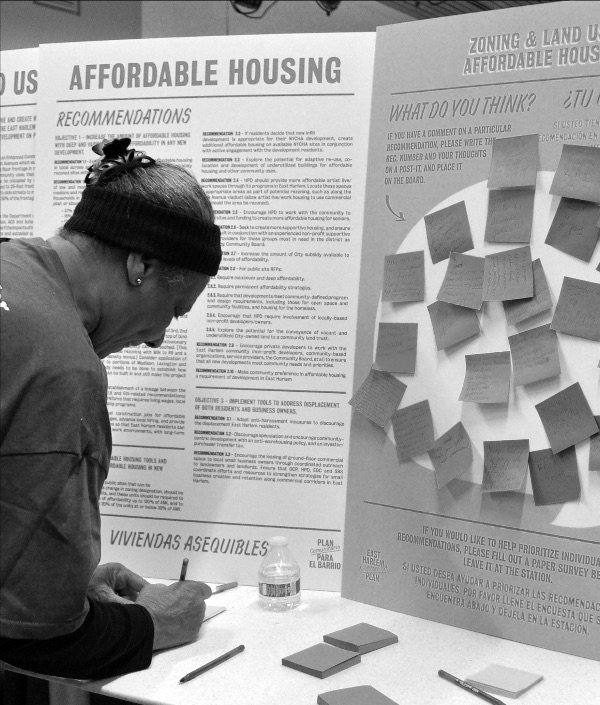
Listening Matters
A civic engagement group called NYC Speaks conducted this spring what may be the most extensive policy survey in New York City history. It's an inspired effort to lead by first understanding what people care and worry about, and we hope other public leaders take note.

Progressive DAs and a San Francisco Misread
The ever-incisive reporter and political strategist Gil Duran points out that Boudin was a scapegoat for a complex set of problems cities across the country are confronting. His recall reflects San Franciscans' anger over homelessness, mental illness and visible poverty – but not their opposition to justice system reform.

A Rare Opportunity for Bipartisan Action
We're proud to help lead a growing, bipartisan campaign to reform the industry in the interest of public health, the environment and job creation. Reach out if you're interested in learning about the strange bedfellows strategy at the heart of the effort.

How Business Leaders Can Navigate Roe and Other Matters
Our view is simple: when you see a gap between public opinion and government action – even when the gap is not as stark as the below graphic – step into that void. That's a safe space to raise your voice.

The Stark Gap Between the Supreme Court and the American Public on Abortion
The vast gap between the two positions points to a Republican position on abortion that is not just out of step with public opinion, it’s diametrically opposed to it.
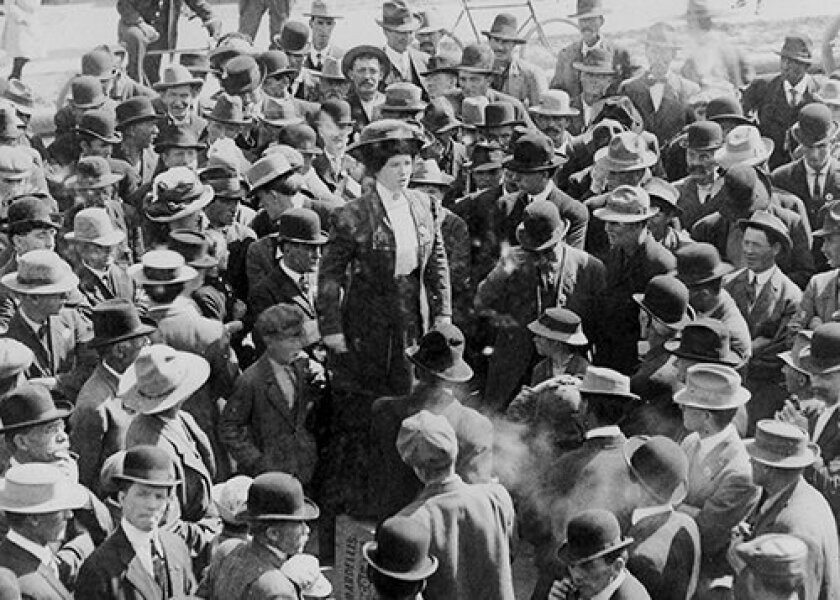
Communicating in a Time Like No Other
We’ve compiled a checklist of questions for engaging the public in our present, chaotic era.

An Antidote to Misinformation
One insidious aspect of misinformation is that it makes it harder for society to deal with already-tough problems.

Political Overreach and the Virginia Governor's Race
Overreach. A phenomenon so predictable it should be considered a physical law of politics. What causes it? One common factor is misreading election results.
